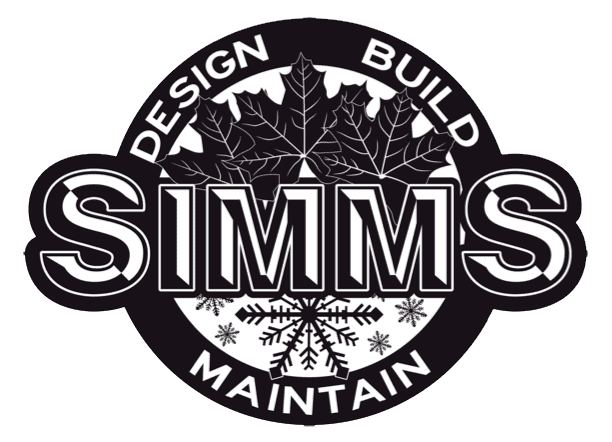Honesty shows in details, not promises. Contractors who provide line-item bids, written warranties, and clear explanations demonstrate transparency. Warning signs include vague pricing, sudden cost increases without documentation, or reluctance to commit details to paper. In Utah, you can confirm license status with DOPL and request proof of insurance directly from the carrier, not just a copy. This avoids forged documents. Ask for references and follow up with past clients to verify claims. Compare bids from multiple contractors to see if pricing aligns with norms; unusually low bids can signal hidden costs. An honest contractor will also be upfront about potential challenges, such as soil conditions or scheduling limits. Trust is earned through verifiable information, consistent communication, and willingness to document. If a contractor resists any of these steps, consider it a red flag and look elsewhere.
Is the landscape contractor being honest with me?
Related FAQs
-
Should I sign the contract right away, or wait?
Never sign on the spot without reviewing details first. Even if the contractor seems trustworthy, take at least a day…
-
Should a landscape contractor be bonded? Is that required?
In Utah, bonding is not always required for every landscape project, but it’s a strong sign of professionalism. A bond…
-
How do I know a landscaping company won’t kill my existing trees?
Mature trees are valuable, and careless work can damage or kill them quickly. Heavy equipment compacting soil around roots, cutting…
